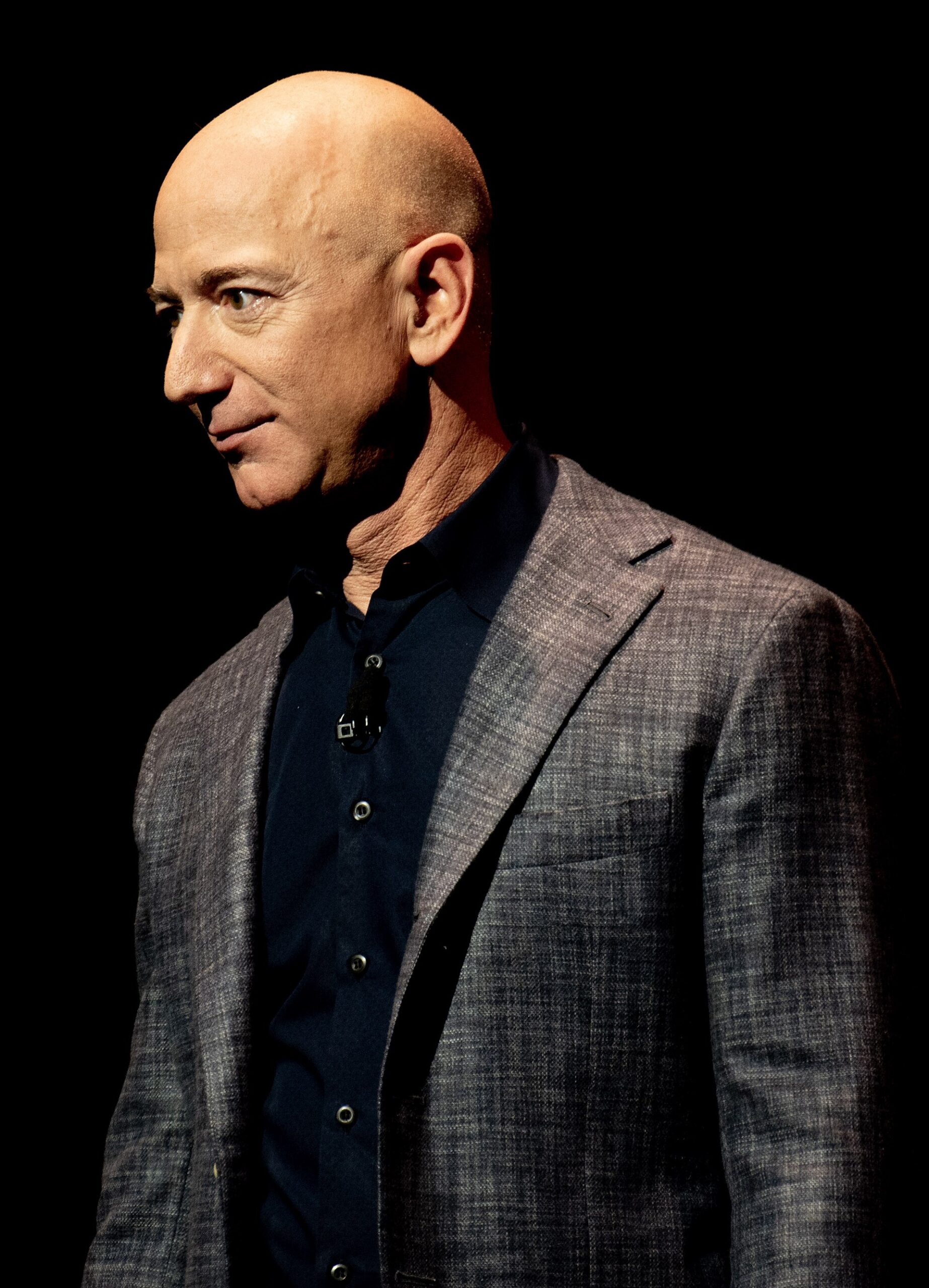Amazon founder, current owner of The Washington Post, and obsequious cunt, Jeff Bezos, needs to divest himself of The Washington Post.
In an era where the fabric of democracy is woven from the threads of information, the ownership of influential media outlets by individuals with vast economic power and, more importantly, financial interest in good relations with the government, raises critical concerns. Jeff Bezos, one of the wealthiest men in the world, purchased The Washington Post in 2013. While his investment initially revitalized the publication, it has become increasingly apparent that Bezos’s ownership poses significant risks to journalistic independence and public trust.
First and foremost, the conflict of interest inherent in Bezos’s dual role as a media mogul and owner of Blue Origin (as well as Amazon) must be acknowledged. Bezos oversees a colossal corporation that influences global commerce and technology and a company highly dependent on contracts with the federal government. As such, his ownership of The Washington Post can lead to perceptions—if not realities—of bias. This entwining of corporate interests with journalistic integrity threatens the credibility of the paper and, by extension, the entire media landscape. Readers need to believe that reporting is unbiased and free from ulterior motives, and the link between Bezos’s business empire and the newsroom destroys this belief.
Moreover, the media landscape is already beleaguered by consolidation and the dominance of a few corporate giants. Bezos’s ownership of The Washington Post exemplifies this trend, where one individual wields considerable influence over a major news outlet. This concentration of power not only limits diverse perspectives but also stifles the local journalism that is essential for a healthy democracy. By selling The Washington Post, Bezos could help restore faith in the media ecosystem, allowing for a more pluralistic approach to news coverage.
Beyond the implications for journalistic integrity, there is a question of accountability. As a billionaire, Bezos is shielded from the everyday consequences that ordinary citizens face. His financial prowess allows him to operate in a sphere where public opinion might not hold as much sway. This detachment can lead to a lack of accountability, blurring the lines between editorial independence and personal influence. A sale could pave the way for new ownership that prioritizes journalistic principles over personal interests.
In 2013, Bezos promised to be a hands-off owner (“The paper’s duty will remain to its readers and not to the private interests of its owners. We will continue to follow the truth wherever it leads, and we’ll work hard not to make mistakes. When we do, we will own up to them quickly and completely”), meaning he would give WaPo’s editors journalist independence. However, in killing the Post’s endorsement of Harris, he betrayed that promise. How can we trust his future actions? Despite his assurance, how do we know how much influence he exerted since 2013? We don’t; and that’s the problem. With Bezos as the owner, WaPo has lost any integrity. It is not to be trusted.
Finally, the act of selling The Washington Post could serve as a powerful statement in favor of a free press. It would send a message that the media must remain independent and that the power of the press belongs to the people, not to the elite few. In a time when trust in media is eroding, such a move could help restore public confidence and encourage a healthier democratic dialogue.
With such a public revelation of his editorial interference with the 2024 presidential endorsement, with Bezos at the helm, a shadow of suspicion will always follow WaPo. As Prospect stated, “Jeff Bezos needs to choose: be a Trump puppet or courageous newspaper owner”. He cannot be both. The only way to avoid being a “Trump puppet” is to sell WaPo.
In conclusion, Jeff Bezos’s ownership of The Washington Post represents a ticking time bomb for journalistic integrity and public trust. The time is now for him to consider divesting this influential asset. A sale would not only alleviate concerns regarding conflicts of interest and concentration of media power but also reaffirm the commitment to an independent press. In the ever-evolving landscape of journalism, the need for clear boundaries between wealth and media influence has never been more critical. By stepping back from The Washington Post, Jeff Bezos can play a crucial role in shaping a healthier media environment that prioritizes integrity, accountability, and public trust.accountability, and public trust.
